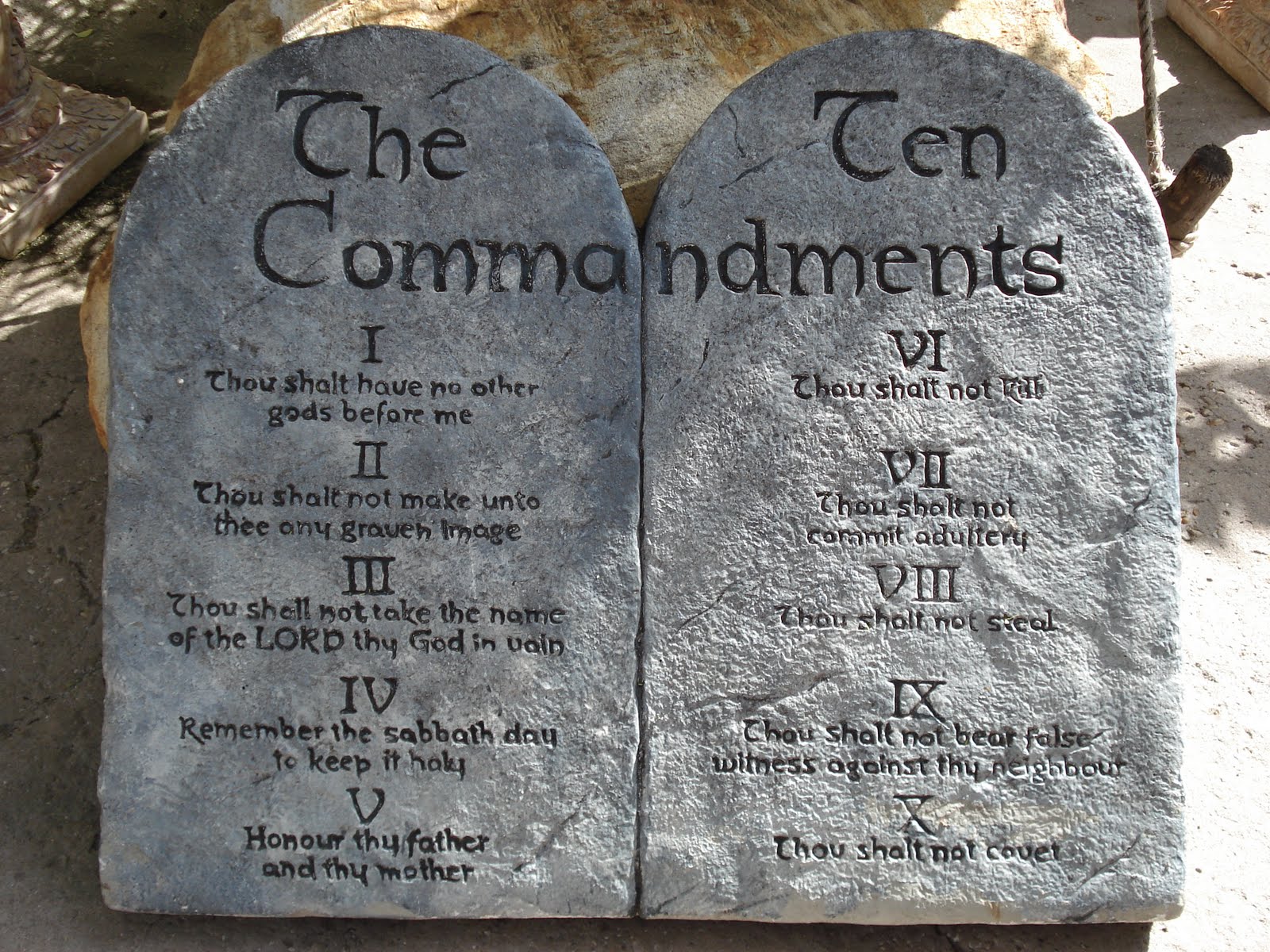The Ten Commandments are among the most well-known and widely revered teachings in the Bible, and have had a profound influence on the moral and ethical frameworks of Western civilization. But where did these commandments come from, and what do they mean for us today?
The history of the Ten Commandments can be traced back to the book of Exodus, in which God gives Moses a set of laws and guidelines for living that are intended to guide and shape the behavior of the Israelites. These laws include everything from dietary restrictions to guidelines for worship and sacrifice, but the most famous and enduring of these commandments are the ten that are known as the Ten Commandments.
The Ten Commandments are as follows:
- You shall have no other gods before me.
- You shall not make for yourself an idol.
- You shall not take the name of the Lord your God in vain.
- Remember the Sabbath day, to keep it holy.
- Honor your father and your mother.
- You shall not murder.
- You shall not commit adultery.
- You shall not steal.
- You shall not bear false witness against your neighbor.
- You shall not covet.
These commandments serve as a guide for ethical behavior and provide a foundation for a just and moral society. They emphasize the importance of loyalty to God, respect for authority, and the sanctity of life and property. They also encourage compassion, honesty, and fairness in our dealings with others.
Today, the Ten Commandments continue to hold a significant place in our cultural and moral consciousness, with many people displaying them in their homes or public spaces as a reminder of the importance of living a virtuous life. However, it is important to remember that the true meaning of these commandments goes beyond their surface-level interpretation, and requires a deeper understanding of the moral and ethical principles that underlie them.
The Ten Commandments are a call to live a life of love, compassion, and justice, and to honor the dignity and worth of all people, regardless of their race, ethnicity, or social status. By living according to these principles, we can build a more just and equitable world, one that is grounded in the values of the divine and the inherent worth of every human being.




